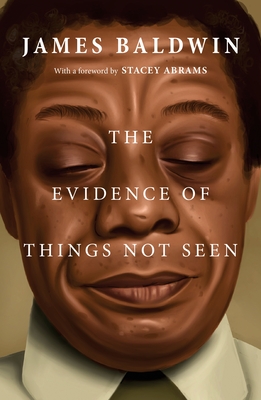What do you think?
Rate this book


144 pages, Paperback
First published January 1, 1985
History, I contend, is the present - we, with every breath we take, every move we make, are History - and what goes around, comes around.
[...]the Black demand was not for integration. Integration, as we could all testify, simply by looking at the colors of our skins, had, long ago, been accomplished.[...]The Black demand was for desegregation, which is a legal, public, social matter: a demand that one be treated as a human being and not like a mule, or a dog. It was not even a direct demand for social justice: desegregation was a necessary first step in the Black journey toward that goal. It had absolutely nothing to do with the hope of becoming White. Desegregation demanded, simply, that Black people, and, especially, Black children, be recognized and treated as human beings by all of the institutions of the country in which they were born. Since, I have done the State some service and they know it, desegregation demanded that the State recognize, and act on, this irrefutable and irreducible truth.
"Man cannot live by profit alone. But the situation of Black Americans has been created and is dictated by this motive, and there is no other single detail of American life more revelatory of Americans and absolutely no level of American life it does not corrupt." (p. 31)
"This civilization has proven capable of destroying people rather than hear them, destroying continents rather than share them, and are equally capable, for the same reason, of destroying all life on this planet." (p.91)
"The confrontation between that person who must believe that there is something to be salvaged and that person who has been compelled to act on the assumption that he has nothing to lose, is the root and branch of the dilemma of this White Republic.
"...it is precisely our irreplaceability, uniqueness, mortality, that is the splendor of the human connection. That isolation and death are certain and universal clarifies our responsibility." (. 52)